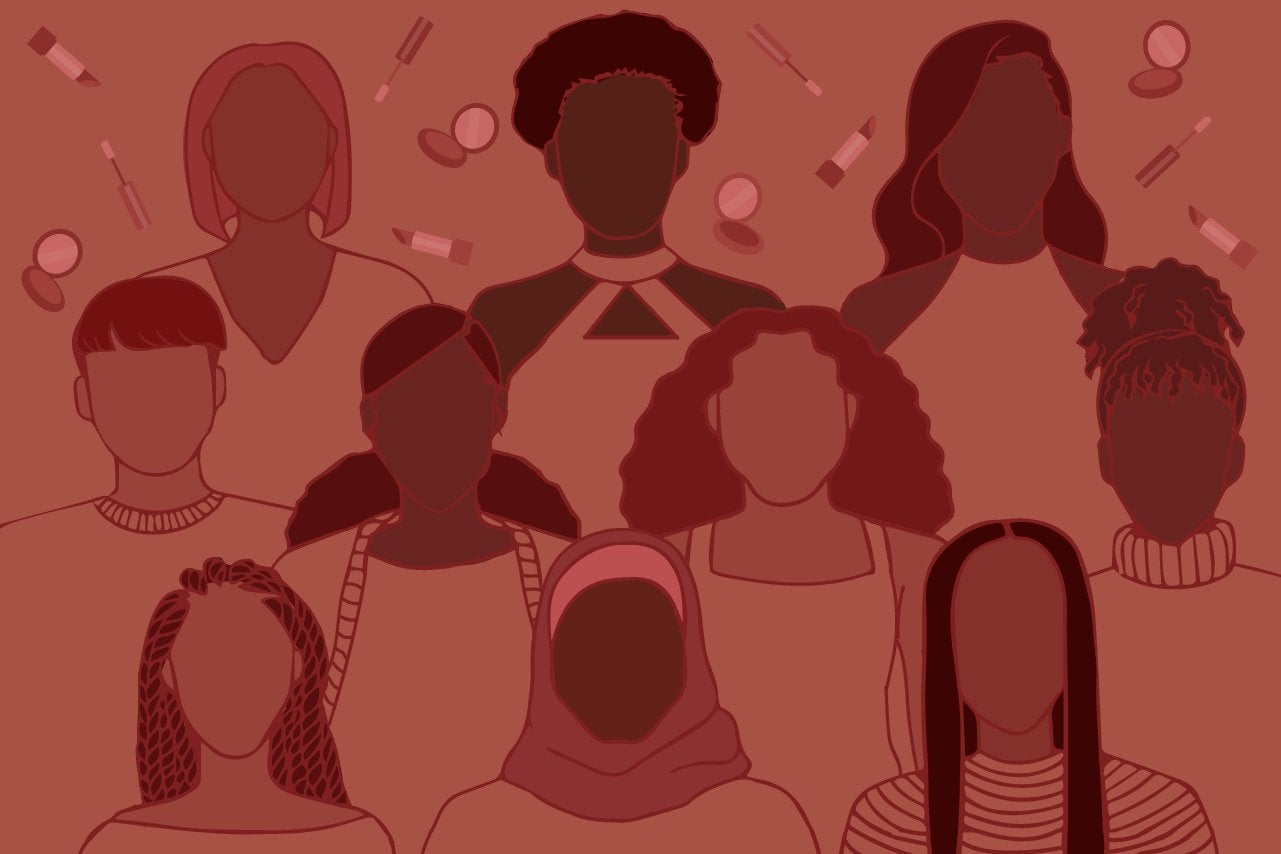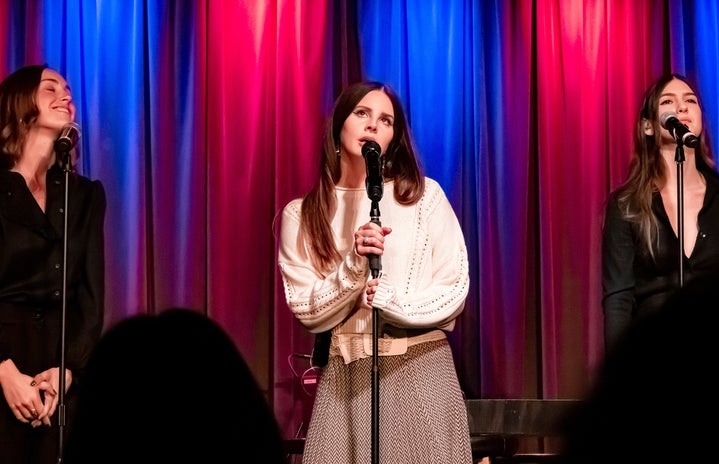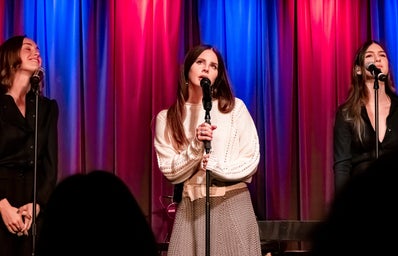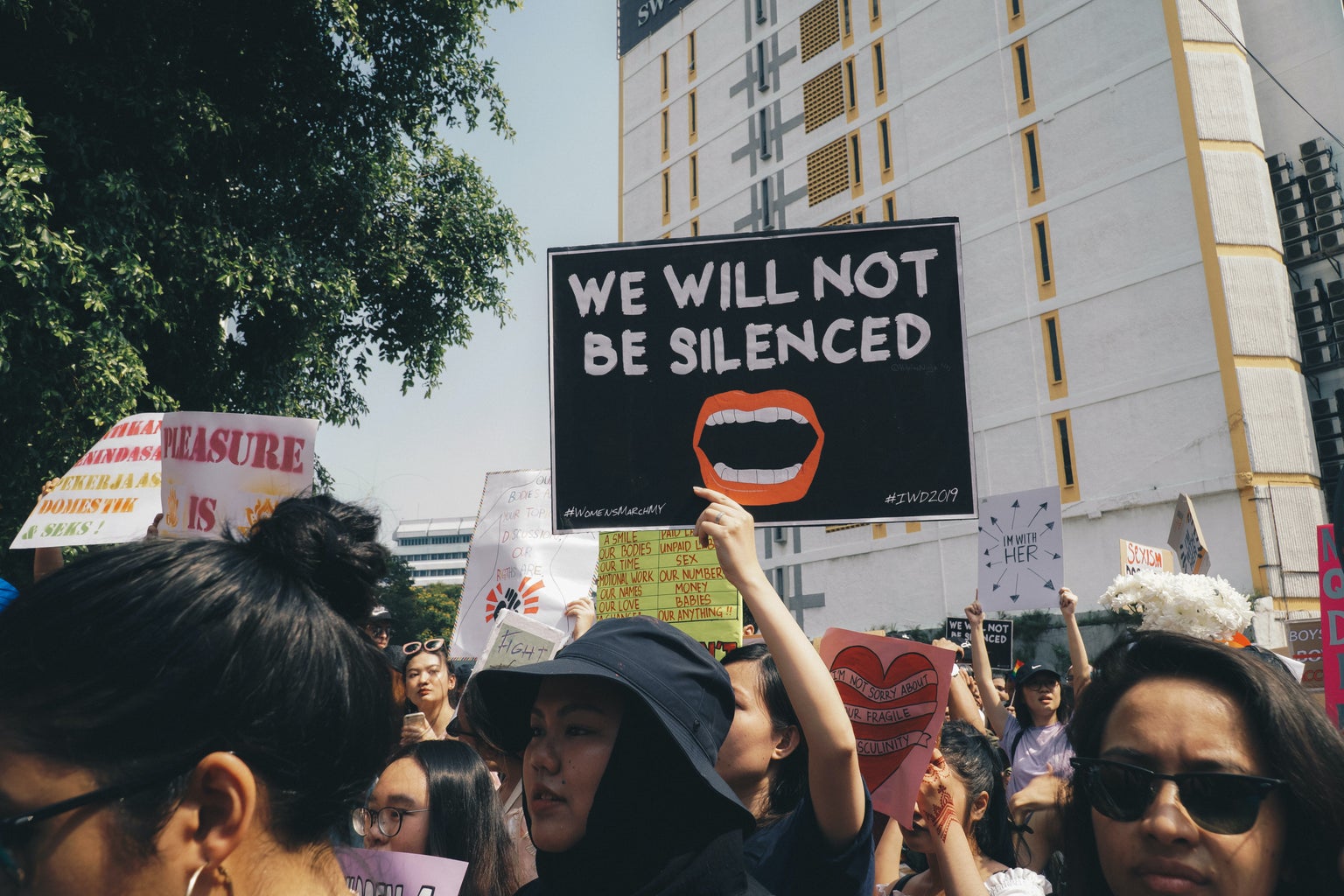Last week, social media erupted over the emergence of a fresh female rivalry in Hollywood between rap icons Nicki Minaj and Megan Thee Stallion. Diss tracks were dropped, frantic rambles were broadcasted through Instagram Live, and scathing interviews were given by both parties. Social media watched, enamored and entertained, as the feud escalated brutally, eagerly consuming and analyzing the gossip.
At least initially, I can’t say that I engaged much with the conversation. I couldn’t help but feel a bit exhausted that we were playing this game yet again. Wasn’t it almost exactly a year ago that we had the same debate about Hailey Bieber and Selena Gomez, fiercely pledging allegiance to one side while villainizing the other? Sure the context was super different, but the bare-bones of the situations are identical: woman versus woman.
We can reach back further for even more examples. In fact, there are a myriad number of similar instances, spanning across multiple decades and industries. We witnessed the infamous standoff between Katy Perry and Taylor Swift in the early-2010s. Competition between Naomi Campbell and Tyra Banks divided the modeling world during the 90s. Notorious socialites Paris Hilton and Nicole Richie are apparently still estranged. This pattern is even visible 75 years ago, between Hollywood actresses Marilyn Monroe and Audrey Hepburn. It is a draining cycle, one that, like clockwork, is relaunched every so often with new opponents.
When listed off like this, the relentless prevalence of female rivalries is mind-boggling. Some serious questions are raised. Why does this continue to happen? Why do women, even the most powerful and successful, fall into this trap? And why do we, as spectators, feed into it so much?
I would attribute this phenomenon to internalized misogyny, but what does that even mean?

Our society places girls and women under an absurd amount of pressure to achieve perfection, to embody an impossible ideal. This stress eviscerates us; at the same time, though, we are constantly reminded that flawlessness is rewarded with admiration, respect, security, success. Obviously this perfection is an illusion, but it feels real to us and takes on the misleading form of something actually attainable.
And so we are sensitive to the beauty, intelligence, coolness — you name it — of other women. We perceive women around us not as our friends, but rather as our rivals in a futile pursuit of perfection and external validation. When it comes to the positive traits that another woman possesses, we tend to have a scarcity mindset, as if her triumphs are our failures.
It gets cutthroat because this competition doesn’t exist only in our heads. We allow mindless jealousy to guide what we say and do, bringing down other women in an attempt to bolster our own self-images, soothing our insecurities by deploying misogynistic strands of thinking. Be brutally honest with yourself. How many times have you fallen prey to this hateful mentality? How many times have you felt a tinge of envy in your chest, a visceral surge of resentment directed towards a popular celebrity or a beautiful friend? Have you ever called someone a “b*tch” or “crazy” or something equally vile for little to no reason other than simply feeling threatened?
And this is the crux of it all — the core of the Megan and Nicki feud and of all the other feuds that came before. Because even the most talented, stunning, amazing women aren’t immune to internalizing the patriarchy. And even when there isn’t bad blood between famous women, we project our own experiences and internalized misogyny, creating something out of nothing and normalizing female rivalries.
On the surface, the Megan and Nicki divide might not appear like it has anything to do with internalized misogyny. For context, Nicki is accusing Megan of targeting her with lyrics in Megan’s new song “Hiss.” The song mentions Megan’s Law, a federal law that requires law enforcement to make public the names of registered sex offenders. Because Nicki’s husband Kenneth Petty is a convicted sex offender, Nicki felt attacked and responded with a diss track “Bigfoot.”
However, closely looking at the lyrics of “Bigfoot,” Nicki’s internalized misogyny blatantly jumps out. As made apparent from the title alone, Nicki viciously comes for Megan’s appearance, calling her Bigfoot and implying that she looks freakish, inhuman even. More than just being mean-spirited, comparing Megan to Bigfoot is deeply problematic given the racial connotations of this insult. As explained in an article by The Root, “[f]or centuries, white folks have likened Black people to animals. . . dehumanization of Black folks is a white supremacist tool — one that Nicki has chosen to use in an effort to make herself superior to Meg.”
Nicki also resorts to victim-blaming Megan, referencing a 2020 incident during which Megan was assaulted by Tory Lanez and claiming that Megan is “lying on [her] dead mother.” Then, on Spaces alongside podcast host Joe Budden, Nicki took this accusation even further and suggested that Megan was “milking” the Lanez shooting in order to win more sympathy for herself as a victim.
The tell-tale signs of misogyny, and even misogynoir, from Nicki’s side are glaring. From disparaging Megan’s physical appearance, to slut-shaming her, to calling her all sorts of sexist slurs (see the Bigfoot lyrics for reference), Nicki copes with what I can only imagine is an overwhelming urge to dominate her competition. It’s impossible to know exactly what triggered this outburst. Maybe insecurity about her romantic life, exacerbated by Megan’s lyrics. Maybe jealousy regarding Megan’s new release itself.
This is all a painful reminder that misogyny, far from being eradicated, is often weaponized by women themselves. Unfortunately, misogyny is something that we, like Nicki, utilize as a coping mechanism, hoping to regulate our own feelings of inadequacy, and engage with constantly in our daily lives. And it is something that we occasionally project onto celebrities, keen to vilify successful women and create chasms between successful women.
How do we stop this ruthless cycle once and for all?
My biggest piece of advice is to try to be conscious of your own internalized misogyny. Of course, this is much easier said than done. But, a good first step is to be critical of the thoughts that pop into your head, especially as they relate to women. Why do I feel this way about so-and-so? Is it warranted in any way or just a conclusion that I am jumping to?
Also, as it relates to media and celebrities, I want to encourage people to not entertain these feuds! It only makes us more predisposed to regard women as competitors when, in reality, we have a lot more in common than not. If we were to direct this frustration, at the unrealistic standards and the constant dismissal and the misogyny, towards patriarchal structures rather than each other imagine how powerful that would be! It goes without saying that we are much more potent together than apart.



